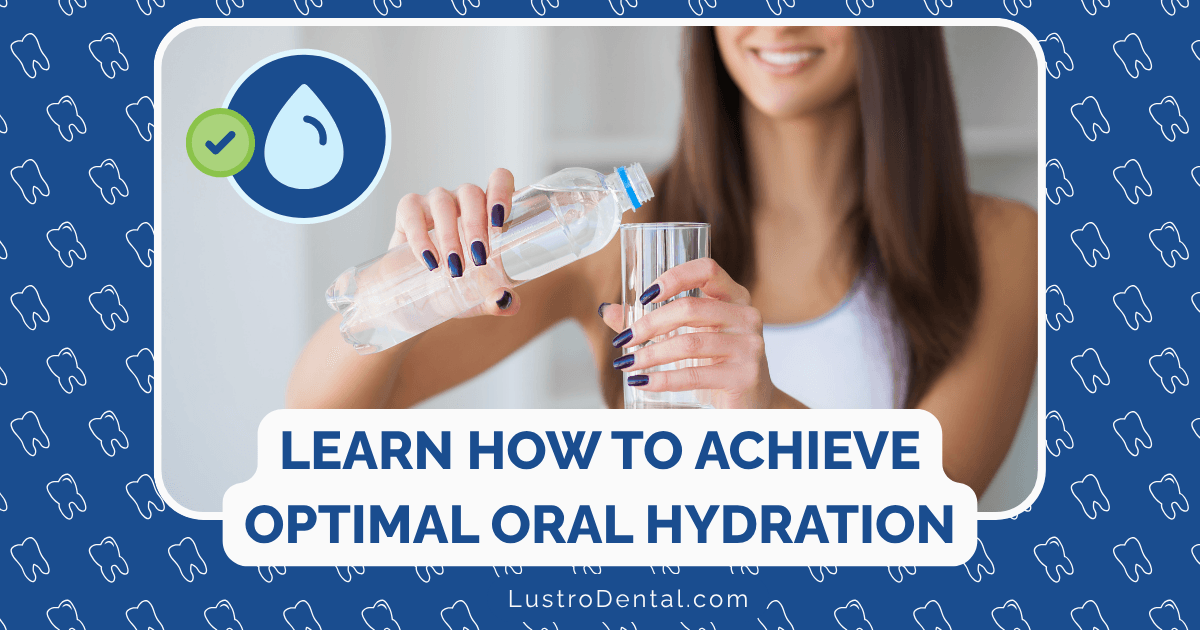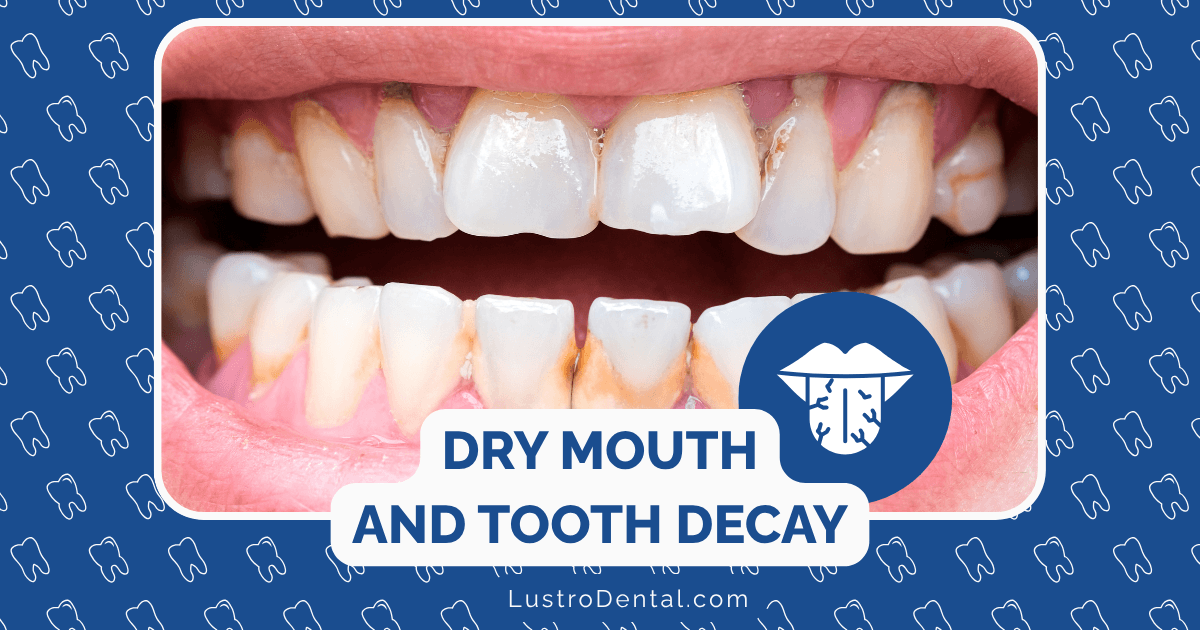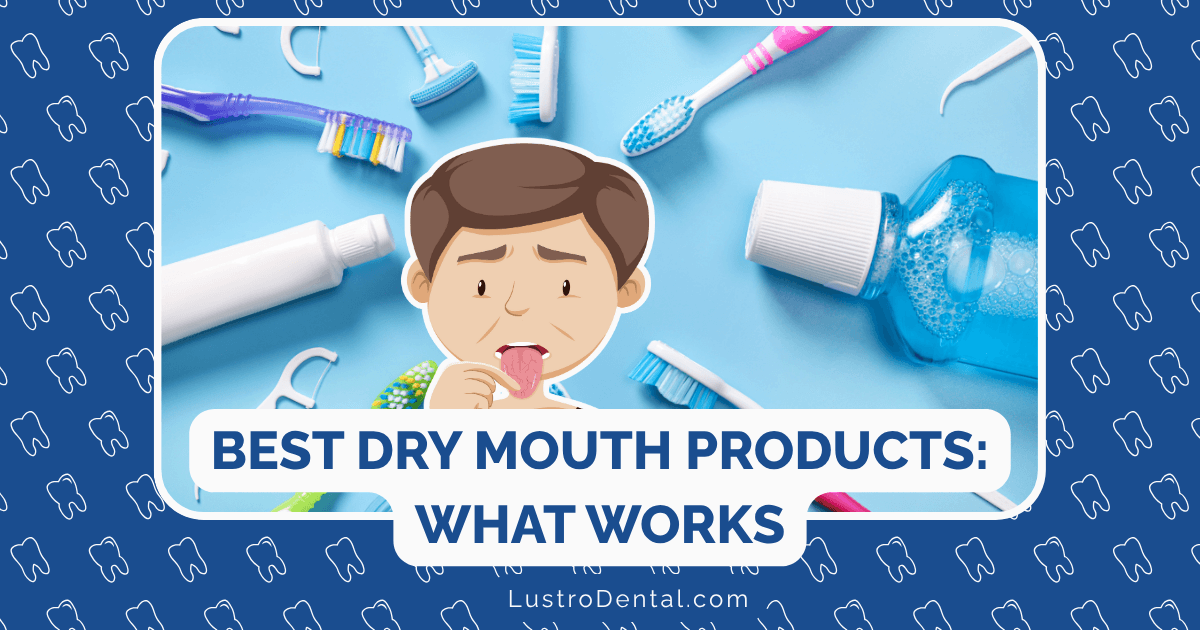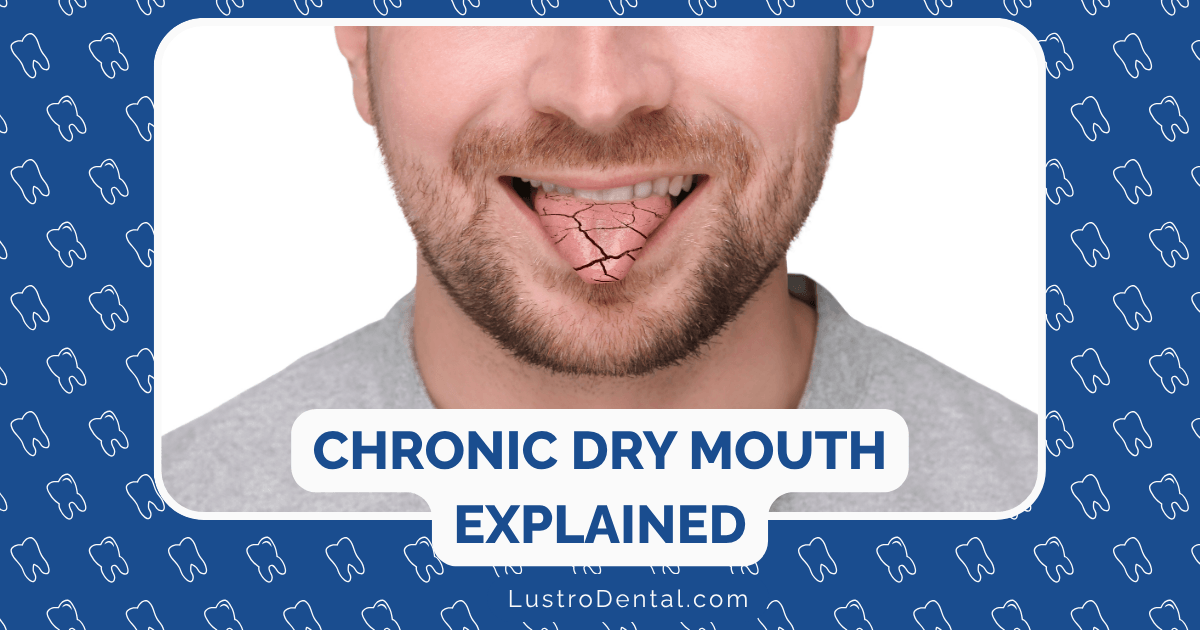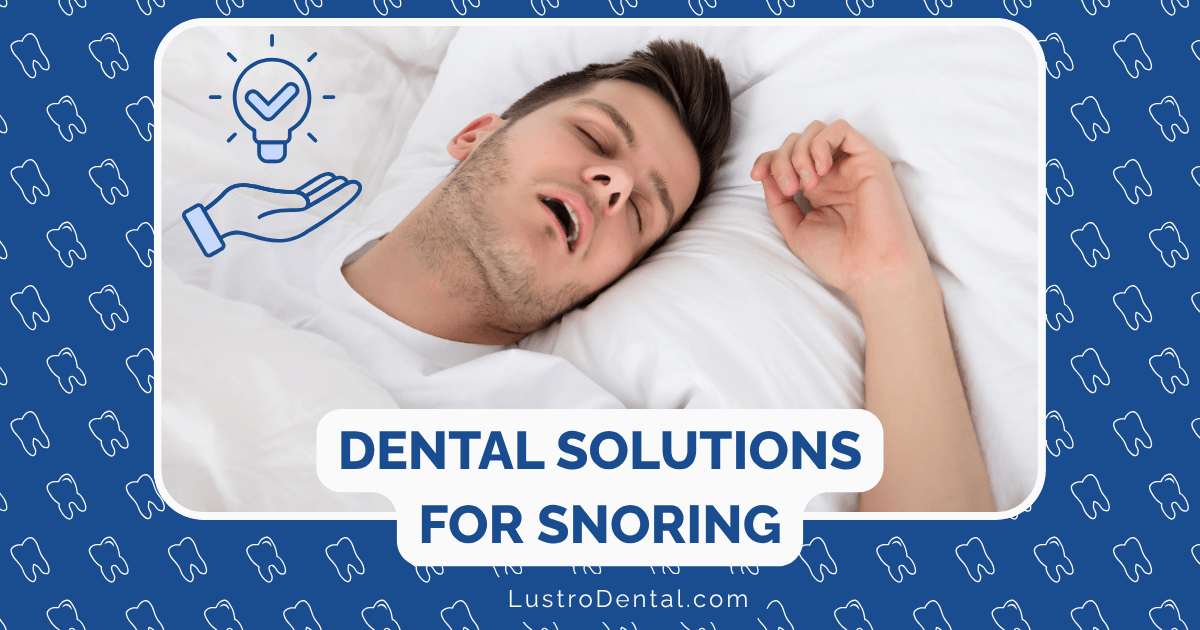Medication-Induced Dry Mouth: Working with Your Doctor and Dentist
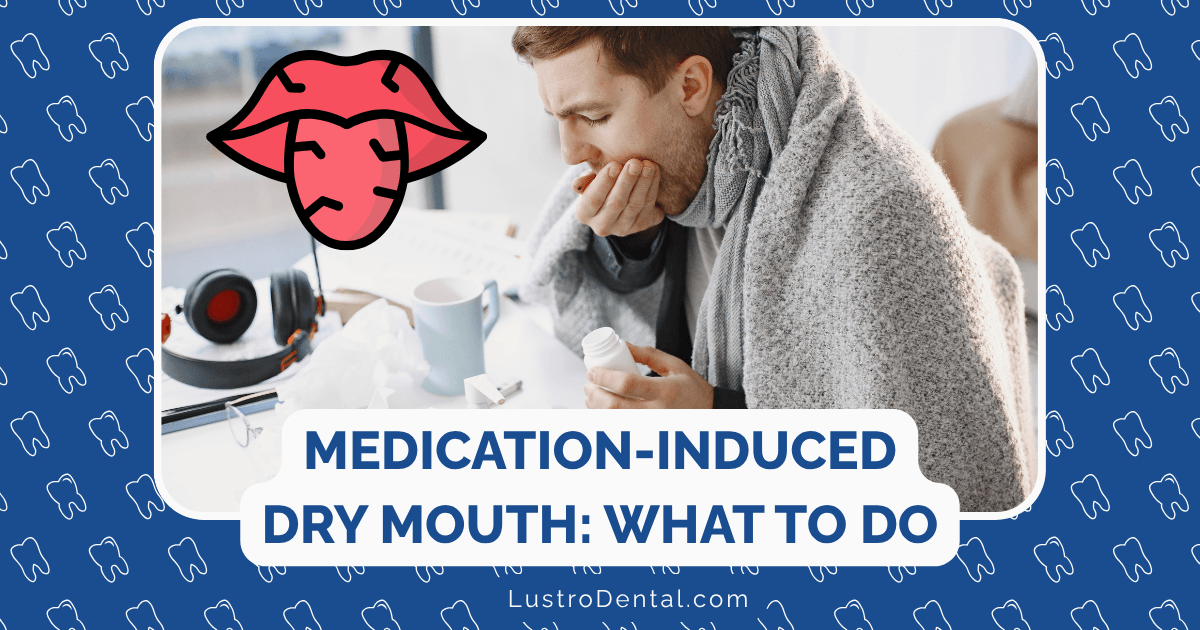
If you’ve ever experienced that persistent cotton-like feeling in your mouth after starting a new medication, you’re not alone. Medication-induced dry mouth, or xerostomia, affects countless individuals and can significantly impact both oral health and quality of life. As a dental health advocate who has guided many patients through this challenging side effect, I’ve seen how proper communication with healthcare providers can make all the difference in finding relief.
With over 500 medications known to cause dry mouth as a side effect, this issue spans across numerous treatment categories—from antidepressants and antihistamines to blood pressure medications and pain relievers. The good news? You don’t have to choose between taking necessary medications and maintaining oral comfort and health. By effectively working with both your doctor and dentist, you can develop a comprehensive management plan.
Understanding Medication-Induced Dry Mouth
Before discussing strategies for working with healthcare providers, it’s important to understand why medications cause dry mouth and how this affects your oral health.
How Medications Affect Saliva Production
Many medications interfere with saliva production through several mechanisms:
- Anticholinergic effects: Many drugs block acetylcholine, a neurotransmitter that stimulates salivary glands, resulting in reduced saliva flow.
- Sympathomimetic effects: Some medications mimic the sympathetic nervous system’s “fight or flight” response, which naturally decreases saliva production.
- Diuretic effects: Medications that increase urination can lead to overall dehydration, indirectly affecting saliva volume.
- Damage to salivary glands: Certain medications, particularly those used in cancer treatment, can temporarily or permanently damage salivary gland tissue.
Common Medication Culprits
According to the National Institute of Dental and Craniofacial Research, medications commonly associated with dry mouth include:
- Antidepressants (especially tricyclics and SSRIs)
- Antihistamines and decongestants
- Anti-hypertensives (blood pressure medications)
- Anti-anxiety medications
- Muscle relaxants
- Pain medications (particularly opioids)
- Parkinson’s disease medications
- Urinary incontinence medications
- Some anti-seizure medications
The risk increases significantly when taking multiple medications—a situation common among older adults, who are already prone to reduced salivary flow due to aging.
Building Your Healthcare Team
Managing medication-induced dry mouth requires a collaborative approach between you, your physician, and your dentist. Each plays a vital role in addressing different aspects of this condition.
Your Role as the Patient
As the person experiencing dry mouth symptoms, you serve as the crucial bridge between your healthcare providers. Your observations and advocacy are essential for effective management. Here’s how to prepare:
- Document your symptoms: Keep a detailed record of when your dry mouth occurs, its severity, and any factors that seem to improve or worsen it.
- Create a complete medication list: Include all prescription medications, over-the-counter drugs, supplements, and herbal remedies you take.
- Note the timeline: Record when your dry mouth symptoms began, especially in relation to starting or changing medications.
- Track oral health changes: Make note of any new sensitivity, discomfort, or visible changes in your mouth.
Communicating with Your Physician
Your doctor prescribes the medications that may be causing your dry mouth, making them a key partner in addressing this side effect. Here’s how to approach this conversation effectively:
What to Discuss with Your Doctor
- Explicitly mention dry mouth: Don’t assume your doctor will ask about this specific side effect. Bring it up directly and describe its impact on your daily life.
- Ask about alternatives: Inquire whether alternative medications with a lower risk of causing dry mouth might be appropriate for your condition.
- Discuss dosage adjustments: Sometimes, reducing the dosage or changing the timing of medication can alleviate dry mouth while maintaining therapeutic benefits.
- Explore combination therapy: In some cases, using lower doses of multiple medications may provide the same benefit with fewer side effects than a high dose of a single drug.
Sample Conversation Starter
“Dr. Smith, since starting [medication name], I’ve been experiencing significant dry mouth that’s affecting my comfort, ability to eat, and I’m concerned about my dental health. Could we discuss whether there are alternatives or adjustments we could make to reduce this side effect while still managing my [condition]?”
Partnering with Your Dentist
While your physician focuses on your overall health and medications, your dentist specializes in protecting your oral health from the consequences of dry mouth. Regular dental visits become even more crucial when experiencing medication-induced xerostomia.
What to Discuss with Your Dentist
- Share your medication list: Provide your dentist with the same comprehensive medication list you discussed with your physician.
- Request a dry mouth assessment: Ask for a thorough evaluation of your salivary flow and oral tissues.
- Develop a prevention plan: Work with your dentist to create a customized plan to prevent cavities, gum disease, and other complications of dry mouth.
- Discuss professional treatments: Inquire about in-office fluoride treatments, prescription-strength toothpaste, or other professional interventions.
Sample Conversation Starter
“I’ve been experiencing dry mouth as a side effect of medications I’m taking for [condition]. My doctor and I are working on adjusting my medications, but in the meantime, I’d like your help in protecting my oral health and managing these symptoms.”
Coordinating Care Between Providers
Ideally, your doctor and dentist should communicate directly about your condition, but this doesn’t always happen automatically. You can facilitate this coordination in several ways:
- Request a consultation: Ask your dentist to send a brief report to your physician outlining oral health concerns related to your medications.
- Share recommendations: Bring your dentist’s suggestions to your next medical appointment, or vice versa.
- Use a patient portal: If both providers use electronic health records with patient portals, you may be able to share information directly through these systems.
- Consider a medication review: Ask your pharmacist for a comprehensive medication review that you can share with both your dentist and physician.
Collaborative Treatment Approaches
When your healthcare providers work together, they can develop a comprehensive approach to managing medication-induced dry mouth:
Medication Adjustments (Physician-Led)
- Switching to alternative medications with lower xerostomia risk
- Adjusting dosages or administration times
- Prescribing saliva-stimulating medications like pilocarpine (Salagen) or cevimeline (Evoxac)
Oral Health Protection (Dentist-Led)
- Prescription-strength fluoride toothpaste (5000 ppm)
- Custom fluoride trays for home use
- More frequent professional cleanings (every 3-4 months instead of every 6 months)
- Specialized dry mouth products recommended for your specific situation
Supportive Strategies (Both Providers)
- Hydration recommendations
- Dietary modifications
- Lifestyle adjustments
- Saliva substitutes and oral moisturizers
Self-Care Strategies to Discuss with Your Providers
While working with your healthcare team, you’ll want to discuss these self-care approaches to determine which are most appropriate for your situation:
Daily Oral Hygiene
- Using a soft-bristled toothbrush with fluoride toothpaste
- Flossing daily to remove plaque between teeth
- Rinsing with alcohol-free fluoride mouthwash
Hydration Approaches
- Sipping water throughout the day
- Using a humidifier, especially at night
- Avoiding alcohol, caffeine, and tobacco
Saliva Stimulation
- Chewing sugar-free gum containing xylitol
- Sucking on sugar-free lozenges
- Using over-the-counter saliva substitutes
When to Seek Additional Help
Sometimes, despite coordinated care between your doctor and dentist, dry mouth symptoms persist. Consider seeking additional help if:
- Your symptoms significantly impact your quality of life despite following recommended treatments
- You develop complications like recurring oral infections or rapidly advancing tooth decay
- Your dry mouth is accompanied by dry eyes or other symptoms that might suggest an underlying condition like Sjögren’s syndrome
In these cases, you might benefit from referral to specialists such as an oral medicine specialist, rheumatologist, or otolaryngologist.
The Future of Medication-Induced Dry Mouth Management
Research into better management of medication-induced dry mouth continues to advance. Promising developments include:
- New formulations of existing medications designed to cause fewer side effects
- Advanced saliva substitutes that more closely mimic natural saliva
- Gene therapy approaches to restore salivary gland function
- Acupuncture and other complementary approaches
Stay informed about these developments by maintaining regular communication with your healthcare providers.
Conclusion: Your Advocacy Makes a Difference
Managing medication-induced dry mouth requires a team approach, with you as the central coordinator. By effectively communicating with both your doctor and dentist, you can develop a comprehensive strategy that maintains your overall health while protecting your oral well-being.
Remember that you don’t have to choose between taking necessary medications and having good oral health. With proper collaboration between healthcare providers and your active participation, you can find a balance that works for your unique situation.
Have you experienced medication-induced dry mouth? Share your experiences in the comments below, including strategies that have worked for you when communicating with healthcare providers.


